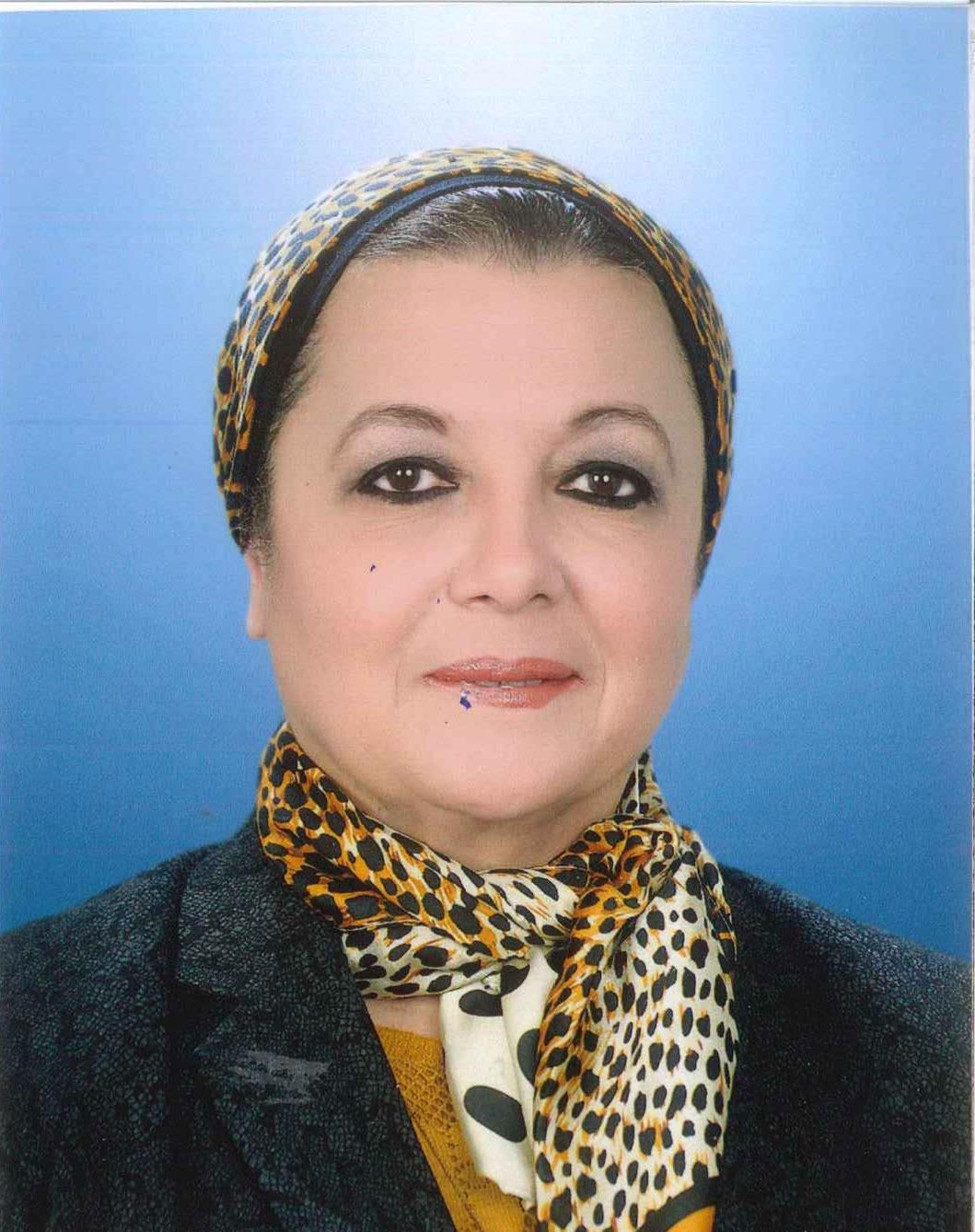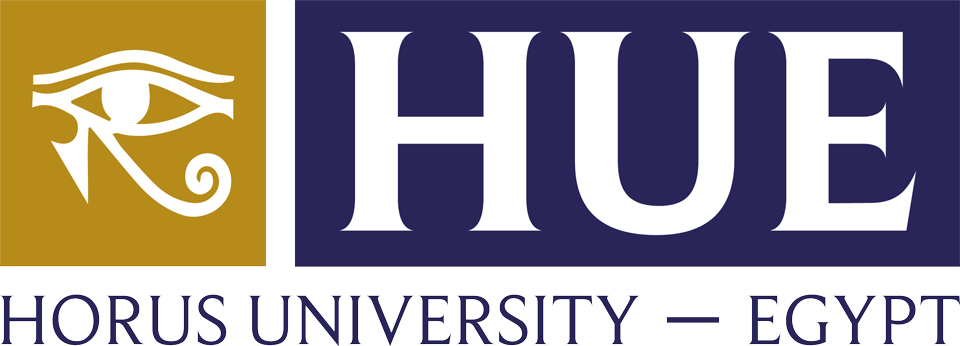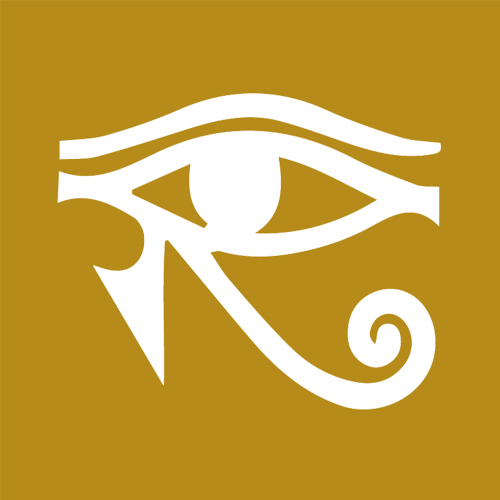Bachelor's degree in Pharmacy (Pharm-D Clinical) in accordance with the credit hours system
1. Scientific Degree
- The Horus university council grants at the request of the faculty council a bachelor’s degree in Pharmacy (Pharm-D Clinical) in accordance with the credit hours’ system.
- The Bachelor’s degree in Pharmacy (Pharm-D Clinical) is the first university degree in the field of pharmacy, which is required to obtain the practice license of the profession in all pharmaceutical fields. It also qualifies for applying to the postgraduate studies in any of the scientific departments in the faculty.
- The college has the right to add joint scientific degrees between Arab or foreign universities, considering the rules governing in this field after the approval of the College Council, the University Council and the Supreme Council of Universities.
2. System of Study
The system of study of the bachelor’s degree in Pharmacy (Pharm-D clinical), provided by the faculty, is accomplished through the following regulations of Credit Hour system:
- Duration of study in this program consists of five academic years (five levels divided into ten semesters) according to the credit hours’ system and residency year in different related fields (5 + 1), in addition to 100 credit hours in community work in private, official pharmacies and hospital pharmacies which hold on the summer holidays directly at the end of the third level and before starting the residency.
- Credit hour is an educational measuring unit that decides the value of each course compared to other courses and it is equal to one-hour lecture per week in a single semester and at least two practical, laboratory, applied or training hours per week in a single semester.
- The academic year (single level) divided into two main semesters (fall and spring semester), The overall levels consists of 10 semesters each one is 15 weeks long with final exam at the end. including exams. Each semester is considered a separate level that ends with a final exam.
- The midyear vacation is given in January of each year or as shown in the university council annual calendar.
- Selective course can be available to study at the summer as an intensified summer course which is 6-8 weeks long with a final end exam.
- The student can register for summer courses with maximum 10 credit hours to fulfill the level total academic hours, to pass failed courses or to achieve a higher cGPA.
3. Language of Study
English language is the official study language in the faculty of Pharmacy. However, some courses might be studied in Arabic language in agreement with teaching and students’ affairs committee and the faculty council.
4. Academic Standerds:
The faculty of pharmacy- Hours University-Egypt applies the national academic standers (NARS 2017) provided by the National Authority for Quality Assurance and Accreditation of Education as a basic in this program.
5. Academic program and courses Study
- This program consists of 180 credit hours (176 faculty requirements+ 4 credit hours as university requirements), distributed over the five program levels. The following is the distribution of the credit hours in the study plan over the levels:
Distribution of credit Hours
- Mandatory university requirements (3) credit hours.
- Elective university requirements (1) credit hours.
- Mandatory Faculty requirements (168) credit hours.
- Elective faculty requirements (8) credit hours.
- College elective courses in the last two levels must contain one of the clinical pharmacy courses as it is assumed to achieve competencies and skills to help the student professionally.
6. Field training and residency
- The student should complete an initial field training period with a total of 100 training hours in private, public pharmacies and hospital pharmacies approved by the faculty council and under supervision of a faculty member and training during the summer holidays after the end of the third level and before starting in the residency year.
- The student is considered to have successfully passed this training and is awarded a grade in the report of the academic supervisors appointed by the College Board and directors of pharmaceutical institutions.
- The residency year consists of 36 weeks and can be divided to 6 training programs of 6 weeks each (6* 6 weeks) and must include at least 4 clinical hospital training programs under the supervision of both the faculty and the training organization.
- Graduation project must be accomplished during this year also in any pharmaceutical field from the student choice.
- The clinical training program must cover the most of different clinical branches such as: Cardiology, Oncology, Clinical nutrition, Neurology, Drug Information, Clinical Trials…………etc.
- A detailed program of training in the residency year is under the construction now.
7. Clinical Pharmacis professional work fields:
- Pharm D clinical graduates can work in all pharmaceutical fields besides the clinical one they had chosen during the residency year. They are also qualified to work in community pharmacies, educational hospital pharmacies or even start the post graduate programs (MSc, & PhD).

welcome everybody who participates in building a future for our own country to help it take a considerably distinctive place among nations.
429


